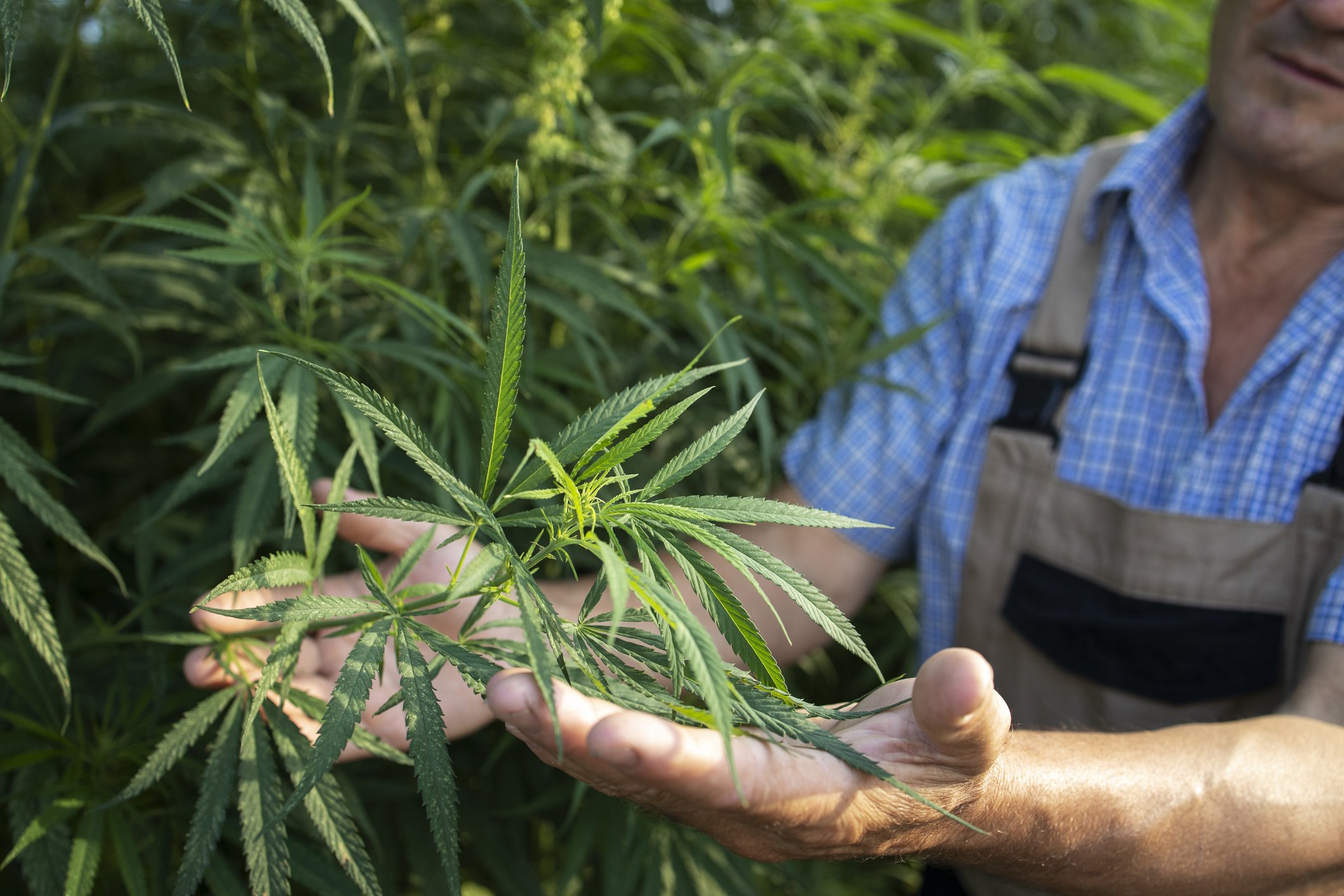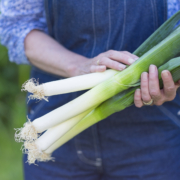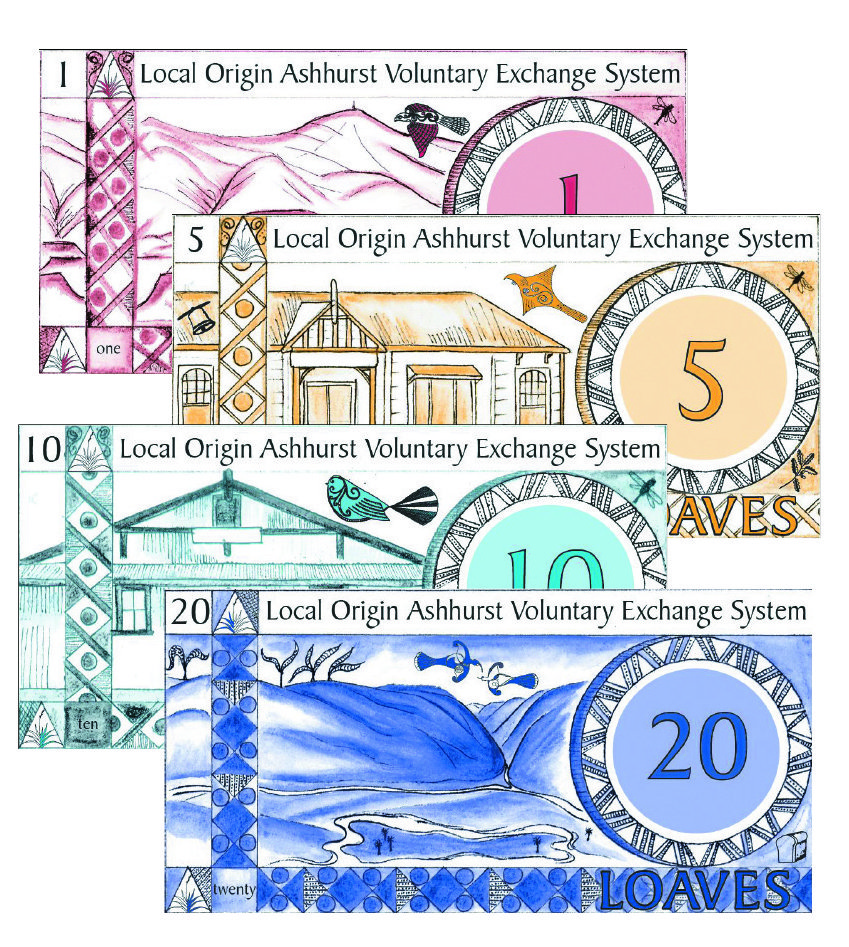So let’s talk about GE
Pro-GE lobbyists are saying we need to have a ‘mature’ conversation about genetic engineering. Originally they claimed it would solve world hunger, now they are claiming it will mitigate climate change. Philippa Jamieson logically and ‘maturely’ refutes their greenwashing.
We hope you enjoy this free article from OrganicNZ. Join us to access more, exclusive members-only content.
It’s primarily vested interests who are pushing for deregulation or weaker laws around GE – the biotech and agrichemical industries who want to patent and sell GE technologies, and those who would get research and development funding. They are well resourced to lobby politicians, and to flood the media with press releases and opinion pieces that are often published verbatim and uncritically. But are they willing to listen? Can we have a conversation that looks at GE in a holistic way?
Technology has changed – should rules change too?
GE proponents claim that the technologies have improved and become more precise over the years, so the regulations also need to change. Professor Jack Heinemann of the University of Canterbury says today’s techniques are no less risky than before and will explain this in-depth during our next webinar on 23 January. Regardless, technology isn’t the only thing regulations need to consider – there are also social, cultural, economic, environmental, ethical, and liability aspects. Indigenous and organic philosophies and practices are holistic, recognising the interconnectedness of everything. Science focuses on just one piece of the picture. Just because we can do something doesn’t mean we should. For example, we could have nuclear power, or even nuclear bombs, but there are overwhelming reasons why this would not be beneficial.
GE conversations
In November, the Soil & Health NZ co-chair, Jenny Lux, hosted a webinar on genetic engineering featuring three panellists: Dr Jessica Hutchings (Papawhakaritorito Charitable Trust), myself – Philippa Jamieson (OrganicNZ writer on GE), and Charles Hyland (Soil & Health NZ national councillor and soil scientist).
Jessica set the scene in Aotearoa of mātauranga Māori and kaupapa Māori, and whakapapa, mauri and mana, which would be disturbed by genetic engineering. She also placed GE in the context of colonisation, biopiracy, and the current capitalist system that puts profit above people and the planet.
I talked about the GE-free movement over the past 25 years, including massive protests, the Royal Commission on Genetic Modification which gathered people’s views (2001), and the ban on GE organisms in the outdoor environment which was lifted in 2003. So far, no one has applied to release GMOs outdoors, apart from some problematic field trials – almost all of which have ceased.
Charles talked about GE ryegrass, which has been put forward by the pro-GE lobby and the National Party, as a way of reducing our methane emissions. However, this could potentially spread easily and would be impossible to recall, leading to risks not only for organic farmers but to farmers and the environment overall.
Watch this webinar online at soilandhealth.org.nz directly from the homepage, or under Our Work/Events.

Our next webinar, Demystifying GE techniques with Professor Jack Heinemann of the University of Canterbury, will be held on 23 January 2024, 7.30-8.30pm.
Gene editing – the new wunderkind
Scientists have discovered more about DNA over the years, and a notable breakthrough was the discovery of gene editing techniques over a decade ago. These techniques (such as CRISPR-Cas9) are much faster, cheaper, and easier than earlier GE techniques.
The biotech industry frequently promotes gene editing as the new, improved version of GE – precise and safe. However, numerous accidental or unintended changes occur, such as allergens or toxins being produced, antibiotic resistance increasing, and organisms interacting in yet unknown ways within ecosystems.
Are we really missing out?
Another argument continually rolled out by GE proponents is that our current laws mean we’re missing out on opportunities and are falling behind the rest of the world. There is some research that scientists are better able to pursue overseas, but there’s also lots that can be kept within the safer environment of the lab.
But rather than missing out, we’re profiting from a reputation of being clean, green, and GE-free. Imagine the benefits if all the funding going towards GE was instead channelled into organic and regenerative research? Consumers around the world want clean, safe, healthy organic food and other products, and are prepared to pay a premium for it.
Rather than missing out, we have the opportunity to lead in a safer, holistic, direction.
We don’t need GE.
What about farmers and climate change?
GE proponents claim that farmers and the climate will benefit from GE technologies, and should have the choice to do so. Yet they’re often vague about the crops or technologies. The species most often mentioned is GE ryegrass, with the potential to reduce methane emissions from ruminant animals like cows and sheep, therefore reducing our greenhouse gas emissions.
Nice idea! But what are the other impacts and risks? On farm and native ecosystems, workers, animals, people who eat the products, the farmer’s bank balance? Who pays for any loss of organic certification, loss of income, and cleanup after GE ryegrass spread or contamination?
GE-free solutions
There are other ways we can lower methane emissions. Selective breeding offers some promise: AgResearch has successfully bred a lower methane emitting sheep – no GE needed.
But most significantly, organic and regenerative practices can help reduce methane and other greenhouse gas emissions by multi-species pastures and cover crops, less tillage, and by building healthy soils that sequester more carbon and have more methane-consuming microbes.
Rodale Institute (USA) has run comparative farming trials since 1981, and have found that ‘regenerative organic systems, which prioritise soil health and good farming practices, like cover cropping, crop rotations, and pasturing animals, use 45 percent less energy and release 40 percent fewer carbon emissions than conventional agriculture, with no statistical difference in yields’. (rodaleinstitute.org/science/farming-systems-trial)
Not only do regenerative organic systems emit fewer greenhouse gases, they also have multiple other benefits – healthy soil, cleaner waterways, greater biodiversity, and healthier people and animals. No need for GE!

Philippa Jamieson, previously OrganicNZ editor, has campaigned against, researched, and written about GE for over 20 years.









